I was three or four when my mom left my biological father. My memories of those early years were surprisingly vivid. I remember my father arguing with my mom and hitting her on a regular basis. I remember throwing marbles and green army men at his back in a feeble attempt to intervene. I remember when he caught me urinating in the neighbor’s garden and slapped me full-force across the face, nearly knocking me off my little feet and leaving my left ear ringing like a gun had exploded near my head.
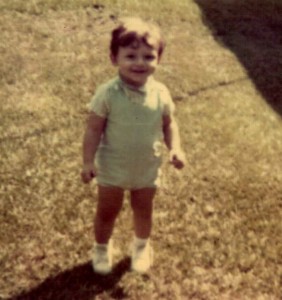 |
| Me at about 2 |
Although we were still very poor, things improved when my mom left him. She got a job as a secretary at the elementary school I attended and we lived in a trailer on my grandparents’ property. Food was scarce, new clothes even scarcer, and luxuries such as toys, treats and sodas almost nonexistent.
My mom joined this church that attempted to control every aspect of our lives. We couldn’t go to doctors, or associate with people of other religions, or watch television, etc. When I was in second grade, the preacher started his own school and we all had to enroll. My mom left her job and began working as a monitor for the church’s school, which believed in corporal punishment. When we’d do something wrong, the principal would make us bend over and grab our ankles while he hit us with a large wooden paddle. I often let go of my ankles and grabbed the floor to keep from falling over—that’s how hard he hit us.
My mom made me stay with the principal several times while she attended religious retreats. On one occasion, he made me wash his van, and then beat me because I left streaks. Well, the first three strikes were for leaving the streaks—the next nine strikes were because I refused to cry. And there was the time he and another member of the church tied me up and dunked my head in his toilet repeatedly, because I didn’t use the “correct” language when asking for rolls at dinner, and then I doggedly refused to apologize.
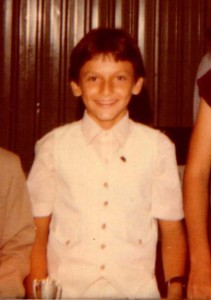 |
| Private School Banquet (Literature Award) |
The abuse at the hand of this principal lasted two years. I had just finished fourth grade when the preacher shut down the school and told the parents they had to teach their children at home. My mom got a job as the church’s secretary—the pay was meager—and this allowed her to work from home while “teaching” us.
When I was around twelve, I convinced my mom to let me go to work on a full-time basis, promising to do schoolwork at night. I worked as a carpenter’s helper for a man from her church, and it allowed me to help her pay bills and put food on the table. I didn’t do much schoolwork after that, but I did start reading…a lot. I eventually discovered an author who would change the course of my life forever.
Thirty-one years later, I found myself happily divorced, the father of two amazing children, and in a new relationship with Amanda, a single mom and a psychologist. As Amanda and I got to know each other, we exchanged stories about our lives. She looked at me one day and said, “I’m surprised you’re not messed up.” I laughed it off, but she went on to explain how lots of children would have been scarred from some of my experiences. She said she was surprised I’d been so successful, considering the scant opportunities I’d been afforded and the seemingly insurmountable obstacles I’d faced.
I’d never reflected poorly on my childhood. It hadn’t mattered that the principal beat me, or that we were poor, or that I didn’t have a dad. I’d rolled with those punches and remained a happy kid, growing stronger with each challenge I faced. However, Amanda’s words prompted me to consider my past. Statistically speaking, I’d been destined to fail. My brother, who grew up right beside me, was scarred by our past and had turned to alcohol and drugs to cope, essentially ruining his life. So, then, how was it that I was able to work my way from police cadet to chief investigator? Or develop and command a successful police sniper team? Or become a traditionally published novelist? Or achieve my dream of being a professional boxer? Or publish my own magazine?
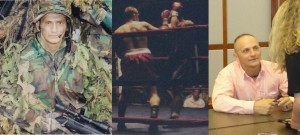 |
| Me as Sniper Leader, Pro Boxer, Published Author |
As I pondered this, I suddenly realized all of my successes could be directly attributed to one activity: READING. Every time I’d wanted to learn a skill or embark upon a new endeavor, I turned to books to be my guide along the path of knowledge. While I owe a debt of gratitude to the authors of the many instructional books I’ve studied over the years, the one author who has influenced me the most is Louis L’Amour.
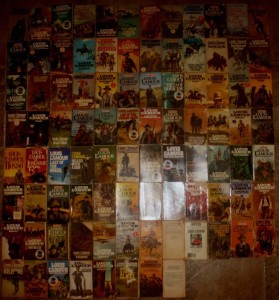 |
| My Current Louis L’Amour Collection |
I tell everyone who’ll listen that Louis L’Amour raised me. During those impressionable years of my youth, I learned more about real life from his fiction than from anywhere else. I learned how to treat a woman with respect, to persevere even in the bleakest of circumstances, and to be courageous in the face of grave danger. I learned to be loyal to my family and friends, and to “ride for the brand”. I even learned to stand on my own and achieve my goals through hard work and dedication, and to never give up on my dreams.
Later, as a father, I would always encourage my children, Brandon and Grace, to read…a lot. At worst, I knew they might discover an alternative means of entertainment. At best, I knew they might partake in an activity that would enrich their lives and change them for the better (I’ve witnessed the latter). One thing is certain; had I not started reading as a young boy, I would’ve been a statistic—the one that suggests fatherless, uneducated boys who come from poor households almost never succeed in life.
BJ Bourg is the author of JAMES 516 (Amber Quill Press, 2014), THE SEVENTH TAKING (Amber Quill Press, 2015), BUT NOT FORGOTTEN (Amber Quill Press, 2015), and HOLLOW CRIB (Five Star-Gale-Cengage, 2016).
© 2015 BJ Bourg
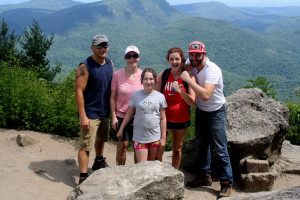




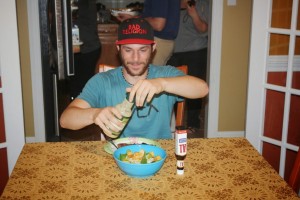


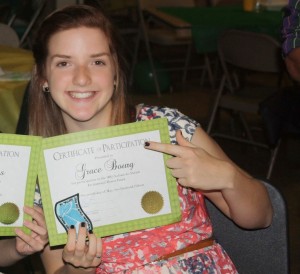


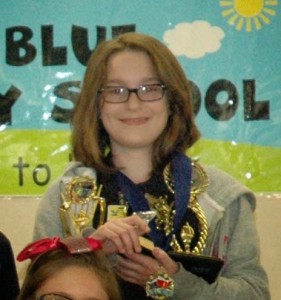

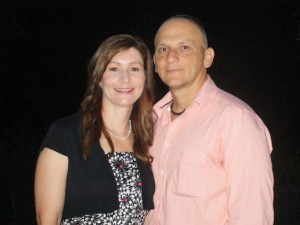
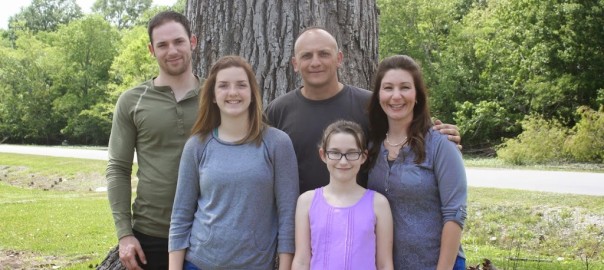
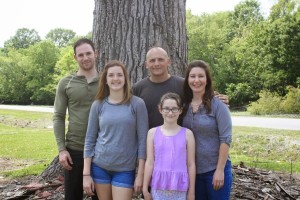
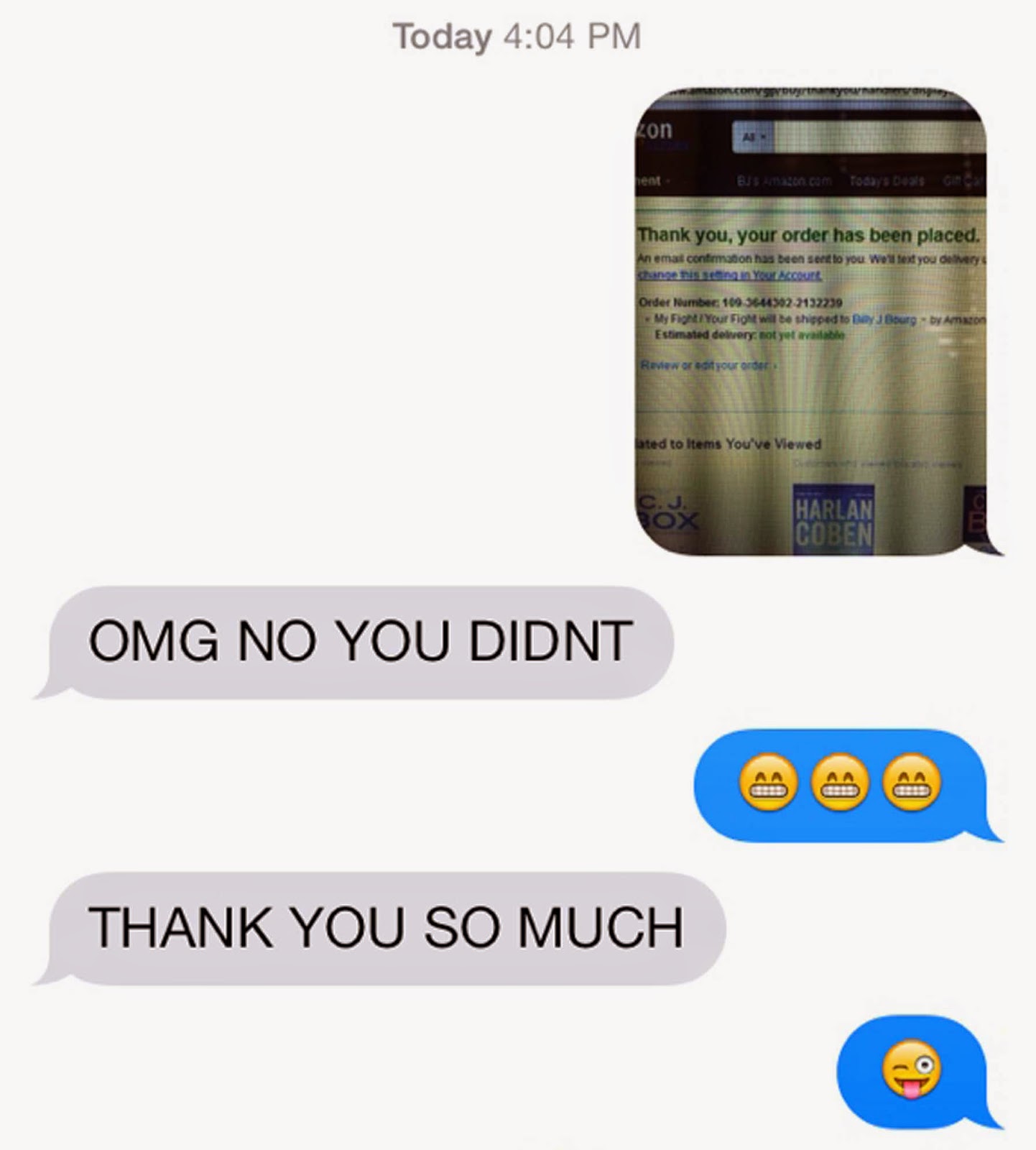
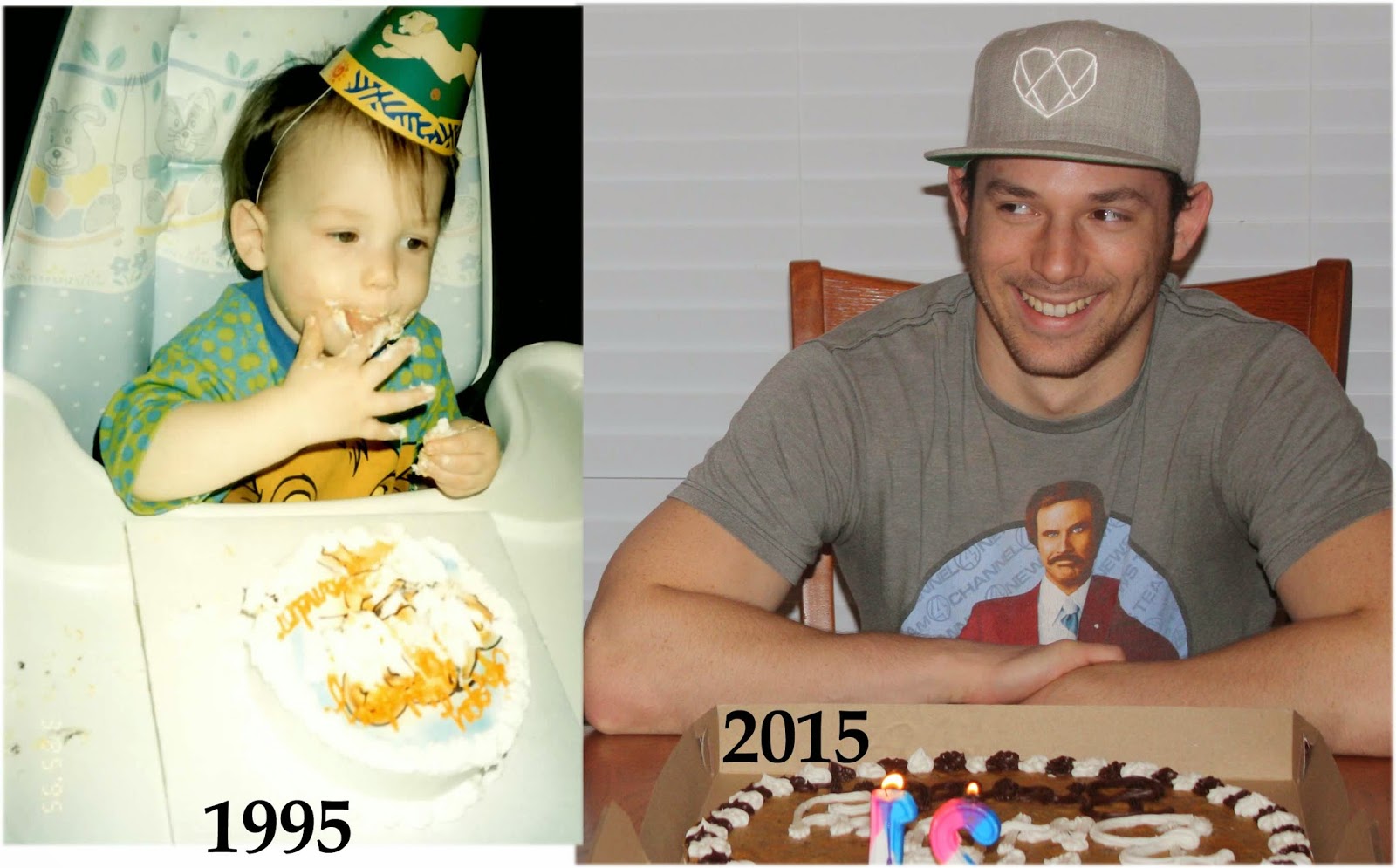
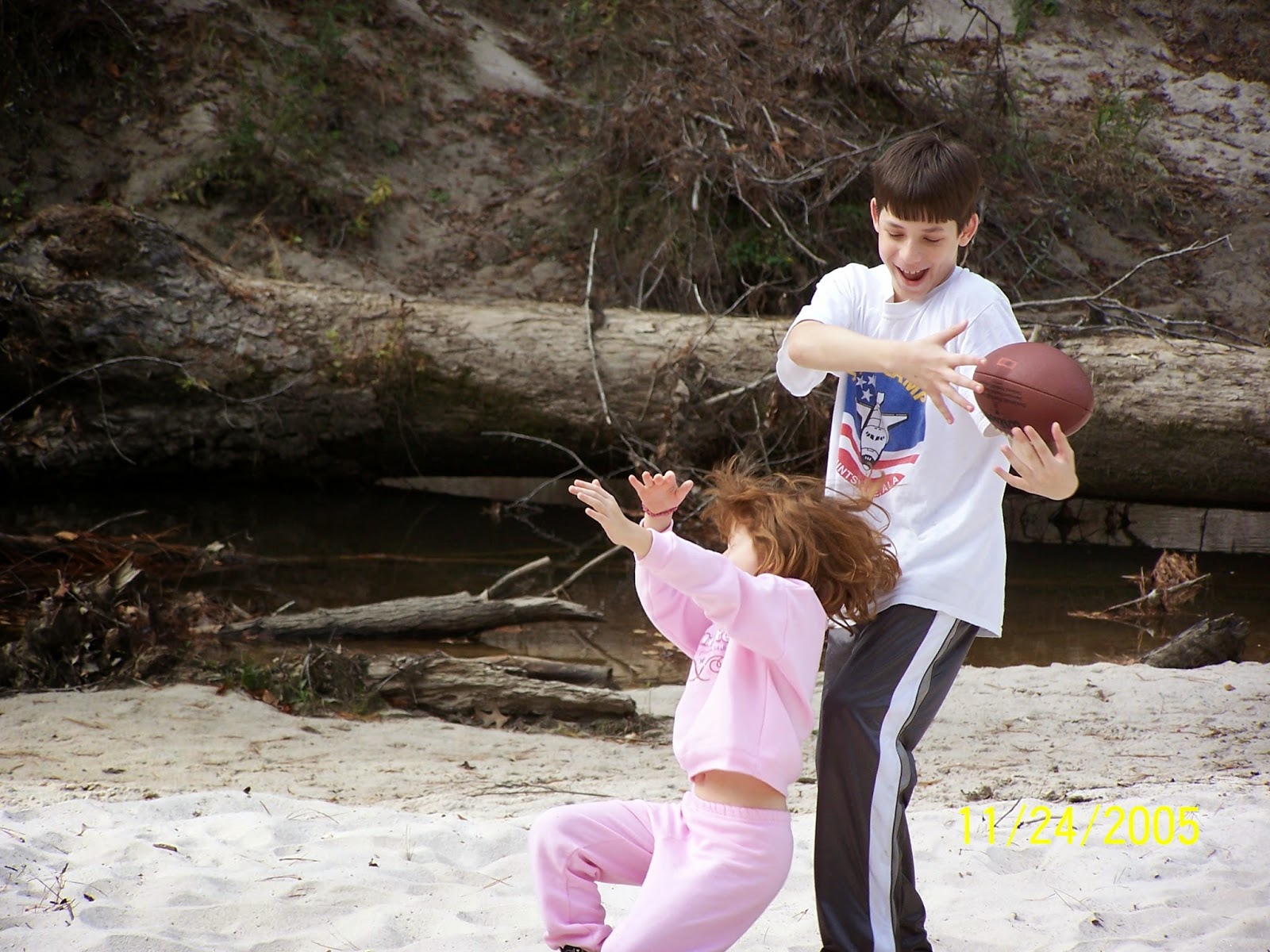.jpg)
